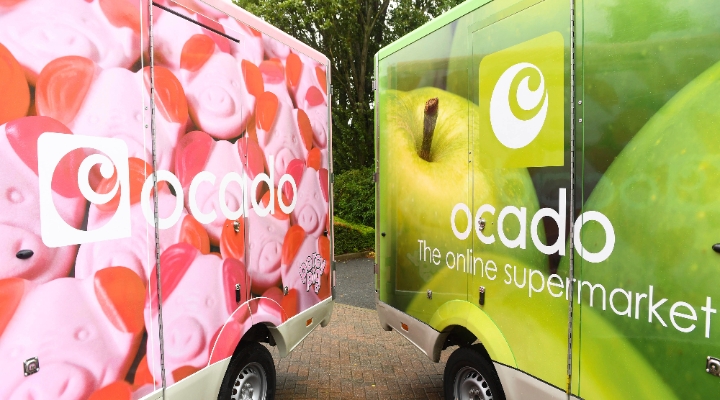
Ocado Has Been Demoted From The FTSE 100. Should I Buy its Shares?
Morningstar
Online supermarket Ocado (OCDO) has suffered a humiliating demotion from the UK’s blue-chip index, but Morningstar analysts point out the company is significantly undervalued, and that its core business thesis is still sound despite high levels of uncertainty.
Once a darling of the UK stock market, Ocado shares have witnessed a protracted fall from grace since February 2021, when the pandemic was causing huge – and initially beneficial – disruption to shopping in the UK. Its booting from the UK’s largest index begs now questions for the fund managers who celebrated its rise, but also directly impacts passive funds tracking the FTSE 100. The latter will now have to automatically sell the online grocer.
Key Morningstar Metrics for Ocado
• Fair Value Estimate: £9.20;
• Morningstar Rating: ★★★★★;
• Morningstar Economic Moat Rating: N/A;
• Morningstar Uncertainty Rating: Very High.
Why Has Ocado Been Demoted From The FTSE 100?
At a market capitalization just under £3 billion, it’s no longer valuable enough to make the cut. Ocado shares currently trade at £3.53, compared to a £28 peak at the height of the pandemic. So far in 2024, they have fallen a whopping 52.18%. The numbers also look negative over longer time periods. Over three and five years to 5 June 2024, shares have dived 81.2% and 68.2%, respectively.
“This underperformance is due to intense competition in the UK grocery market and a cost-of-living crisis, which traditional brick-and-mortar supermarkets were able to manage more effectively,” Morningstar director of equity research Ioannis Pontikis says.
The resulting falls in Ocado’s share price mean that its market capitalisation (the value of its shares multiplied by the number of shares on issue for sale and purchase) robs it of its status as one of the UK’s 100 biggest companies.
Ocado has been slow to make good on proposed business deals. The biggest of its tie-ups – with premium clothes retailer and food distributor Marks & Spencer (MKS) – appears to be benefiting the latter more than the former. Over the last 12 months, shares in M&S are up over 65% to £31.00.
The pair is also yet to agree on the final payment M&S owes for its 50% stake in Ocado Retail, which it bought in 2019. M&S has argued it should not pay the remaining £190 million it originally owed Ocado because the business has not hit certain performance targets. Ocado chief executive Tim Steiner is now threatening legal action.
Twin headwinds of a cost of living crisis and
The full article is available here. This article was published at Morningstar Markets.
Comments are closed for this article!